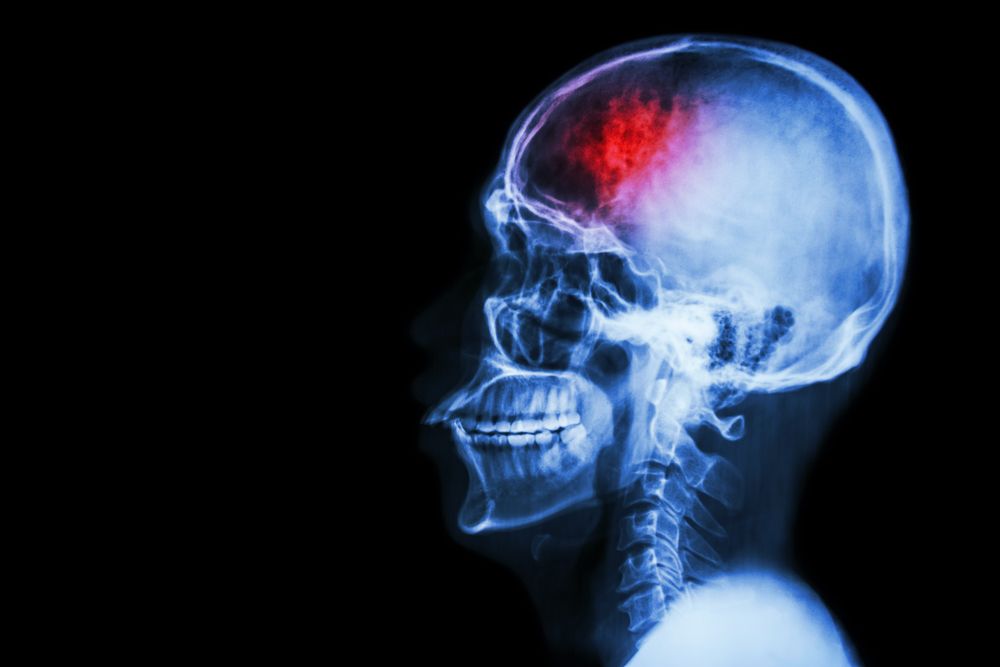Your brain requires a constant delivery of oxygen-rich blood to function. That blood comes from multiple blood vessels, and if any one of those is blocked, it can lead to a stroke. This is exactly what happens during a mini stroke, also known as a transient ischemic attack (TIA).
A TIA is often a warning sign that a full stroke is coming—about 1 in 3 people who have a TIA go on to have a full stroke within three months. And the risk of having a full stroke increases even more within 48 hours of having a TIA.
TIA symptoms typically last only a few minutes, and they may disappear completely by the time you get to your doctor or the emergency room. But that’s no reason to ignore them, especially if they’re accompanied by any of the following symptoms:
Numbness or weakness in your arm, leg, or face. Slurred speech. Difficulty moving your eyes or turning your head. If you see someone with these symptoms, ask them to raise their arms and tell you if they can move their fingers in the same way on both sides of their body.

If a TIA is suspected, you’ll be given aspirin right away to prevent a clot from forming in the brain. Then, you’ll be referred to a hospital specialist for further evaluation and assessment of your risk of a full stroke. If the symptoms are due to an artery narrowing, you may be offered surgery called a carotid endarterectomy, in which your doctor clears your arteries of fatty deposits and plaques.
The best way to prevent a future stroke is to watch your risk factors. These include high blood pressure, diabetes, atrial fibrillation (A-fib), smoking, and elevated cholesterol. Regular exercise is also a good idea. The American Heart Association recommends 150 minutes a week of moderate intensity activity such as riding a bike, jogging, or playing tennis.
You can also take a number of medications to reduce your risk of a blood clot that may cause a mini stroke. Medications called anti-platelet agents help prevent your blood platelets from clumping together, and a class of drugs called anticoagulants can decrease the clotting that occurs in the arteries leading to the brain. Your doctor can determine which medication is right for you, depending on your specific risk factors.









